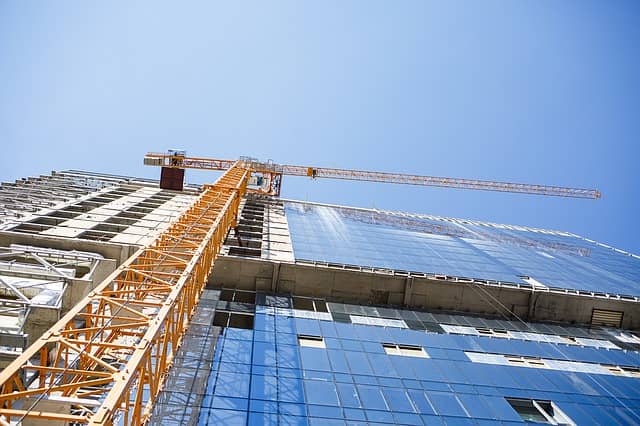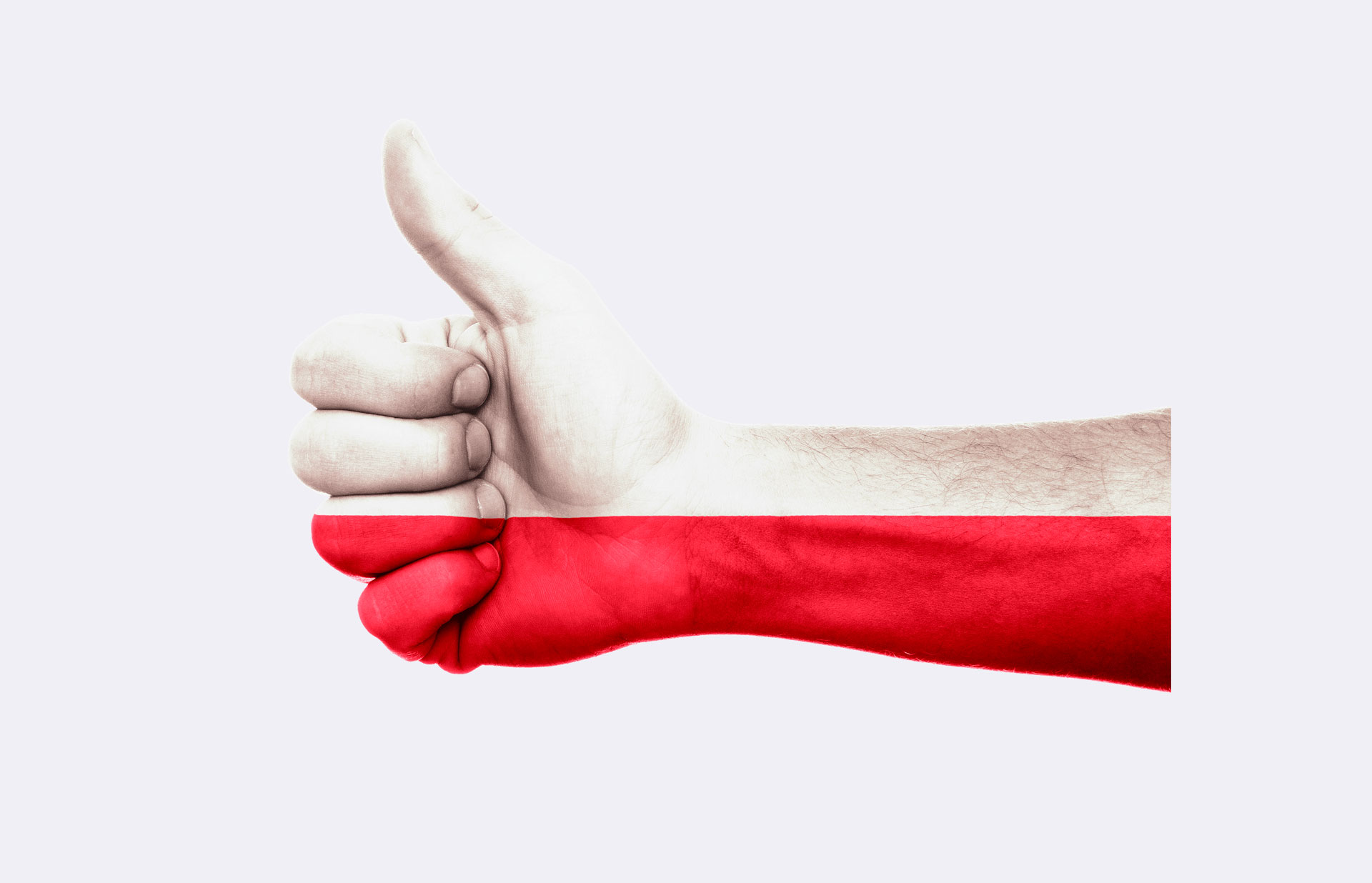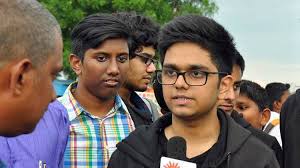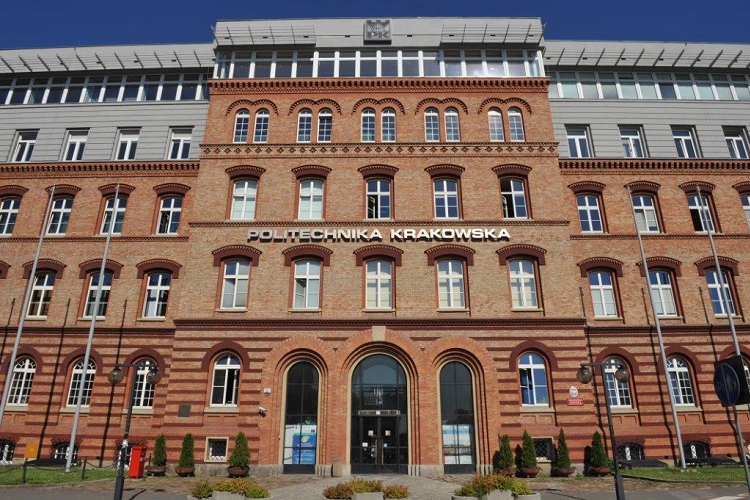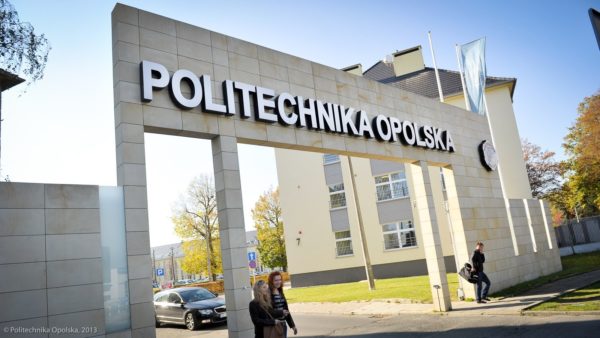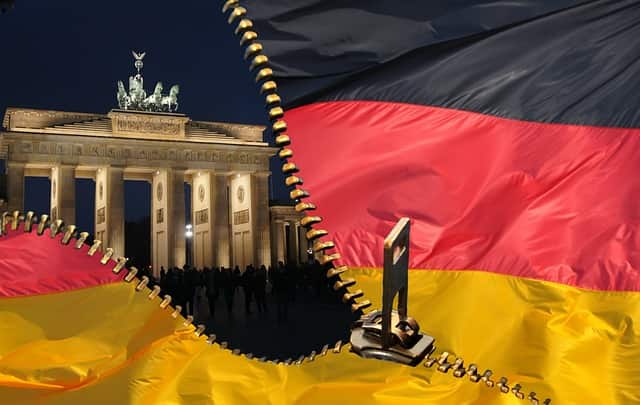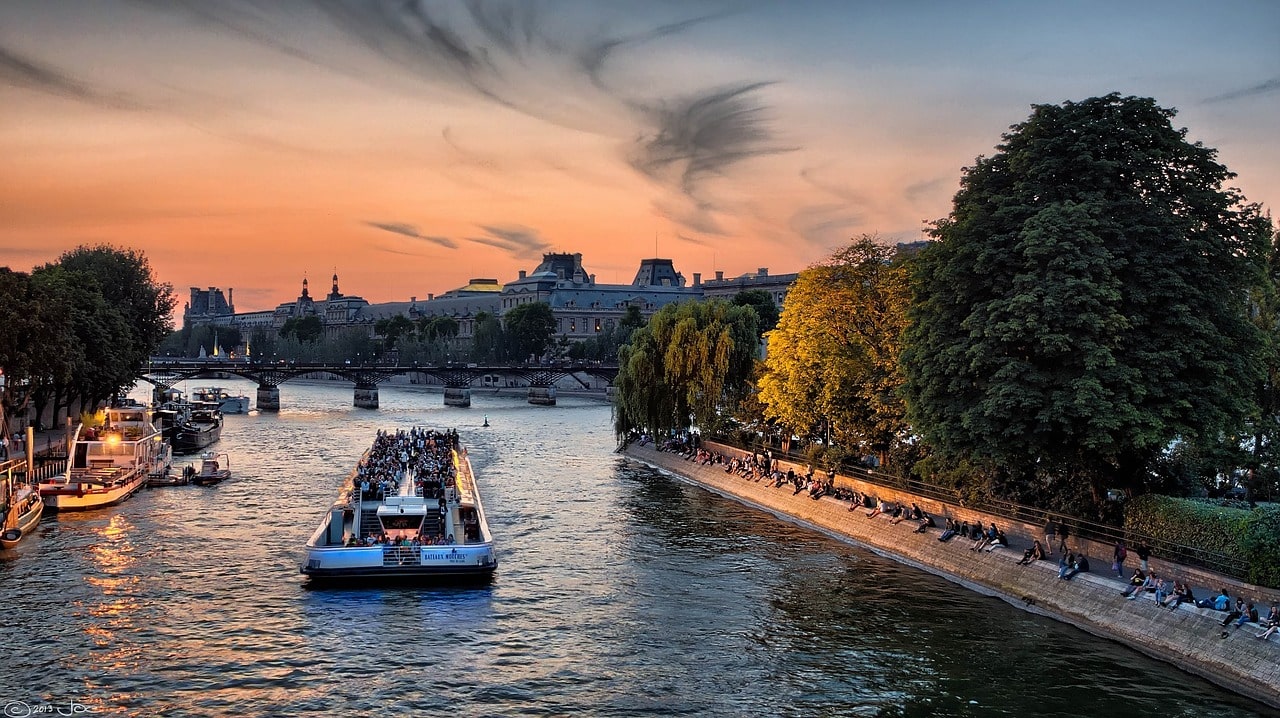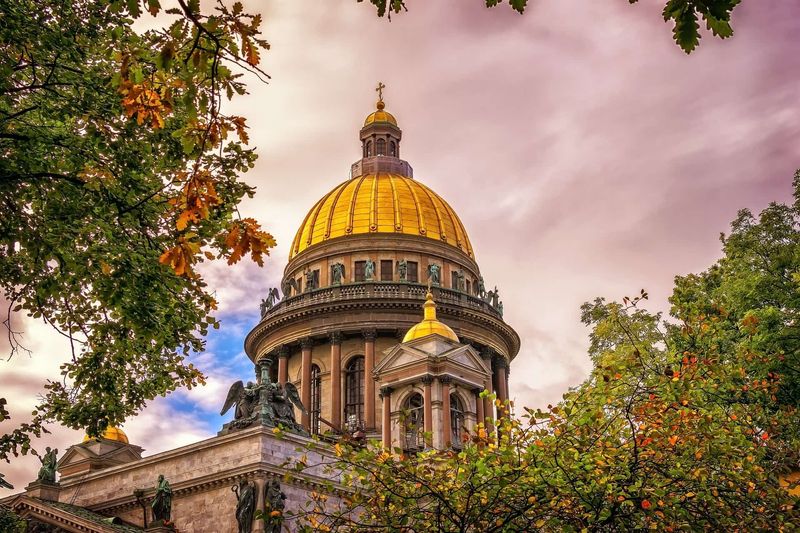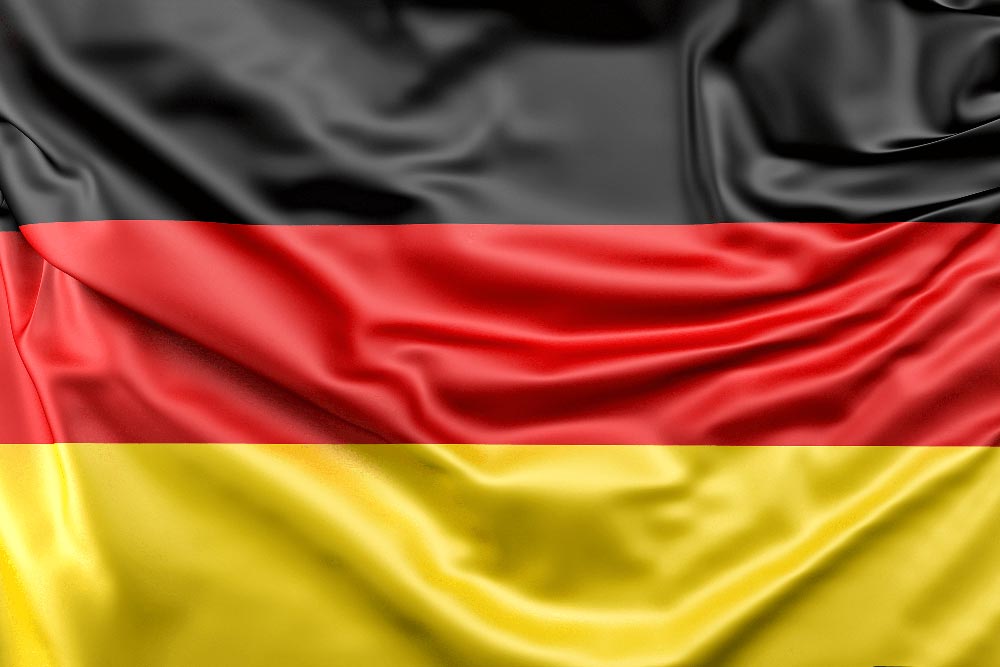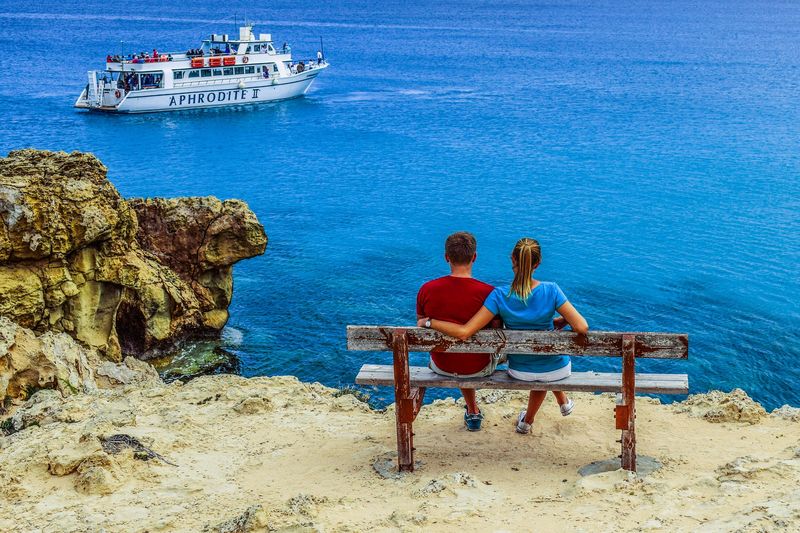- A system of education in Russia
- A preschool education
- A secondary school
- A professional education
- Higher educational institutions
- Differences in education
- Duration of education
- Conditions of entry
- An educational year
- Exams
- Scholarships
- Scientific degrees and diplomas
- Internships and practice
- A cost of education
- A residence
- A food
- Transport
Russia is another country that has relatively recently joined the Bologna Process. The whole structure of the system of higher education was little different from that of other post-Soviet countries. With the exception of some moments, this system of education is a little different from Belarusian or Ukrainian. In general, there are a large number of universities in the Russian Federation to which foreign students go. In Russia, there are more than 240 thousand foreigners who come to obtain higher education in this country. Most students go to Russia from neighboring countries: Kazakhstan, Turkmenistan, Belarus and Ukraine. The second place is Asia, Africa and the Middle East.
A system of education in Russia
As in most post-Soviet countries, the education system of Russia has three main elements:
- A preschool education;
- A general education school;
- Higher education.
A preschool education
The first step for kids is preschool education. At this stage, babies start attending nurseries and kindergartens. There are preschool educational institutions in Russia, both state and private. Therefore, children can attend the very institution that most likes parents. In private-sector institutions, one part of the money is paid by parents, the rest – private individuals, foundations and various organizations.
In kindergartens nursery type of children can be given from 1 year, and attend to a three-year age.
Preschool education can last up to six or seven years. It is worth noting that preschool education is not mandatory. Therefore, parents can decide for themselves is it worth to visit such a place for their child or not.
The relatively new type of preschool education in Russia – so-called “school-preparation”. Such establishments are especially popular and provide for children a school preparation. You can visit them, starting at the age of 5.5 years. Here, the children are taught to read, write, count and offer to familiarize themselves with basic school subjects, which are as a preparation for school.
A secondary school
The next stage has several steps:
- A primary-secondary education;
- A basic general education;
- A full general education.
Kids go to school at the age of six or seven years. At this stage, parents choose where their child will receive primary education: in school, lyceum or gymnasium. In primary school, children receive basic knowledge of writing, reading, math, language and other subjects.
At the age of ten, after completing primary education, children are transferred to a general education school. At this stage, education lasts for five years. Already after the ninth grade, students receive a certificate of general secondary education. This certificate allows you to continue studying in the tenth grade of a school, lyceum or gymnasium.
Also, the certificate of general secondary education is the basis for admission to a college, a technical school or academy.
The final stage of general education is two-year schooling. At the end of the eleventh class, students take exams for a full secondary education certificate.
There are also educational institutions in Russia that provide additional education – musical and sports schools. This type of education is not compulsory, schoolchildren attend classes voluntarily. After graduating from this institution, you will also receive a diploma with which you can enter a music or sports college.
A professional education
Graduates from the Russian Federation have the opportunity to receive primary, secondary and full professional education.
Professional level education is provided in lyceums, technical schools, colleges of primary professional education. Students have the opportunity to enter such institutions on the basis of the certificate of the end of the ninth grade and after the eleventh. Education after the ninth form lasts a bit longer because the students get along with professional skills, knowledge about general school disciplines in accordance with the curriculum of the tenth-eleventh classes.
Graduates of the ninth and eleventh grades go to colleges and technical schools to receive secondary professional education.
Higher educational institutions
In accordance with the law of the Russian Federation – universities, academies and institutes are considered to be higher educational institutions. Higher education institutions operate both state and private property type.
Duration of training – from four to six years. After four years of studying, students receive a bachelor’s degree, after five – a specialist degree, after six – a master’s degree. If, for some reason, a student has attended an institution of higher education for at least two years, but has not yet completed an educational institution – this type of education is considered to be incomplete.
After obtaining a Master’s degree, students have the right to enter graduate studies, internship, adjuncture, residency and doctorate studies for higher professional education.
Differences in education in Russia and Ukraine
As noted, the system of higher education in post-Soviet countries is not very different. But the differences are still there:
- An entrance to the University of Russia takes place on the basis of final examinations;
- All foreigners have to undergo yearly language courses and enter higher education institutions on an equal basis with local students;
- Of the 52 teaching hours, only 24 are assigned to classroom learning. The rest of the time students are assigned to self-education. In the educational process lectures prevail;
- The main language of teaching is Russian;
- It is possible to receive a scholarship, which covers the cost of education, completion of annual courses, accommodation in the hostel, and additional funds for monthly expenses;
- Foreign students are not admitted to Russian universities without medical insurance, which should be made before they enter this country;
- The cost of studying in Ukrainian and Russian universities is significantly different, in some institutions it is even very noticeable – several times.
Duration of education
To qualify as an undergraduate, you must study for 4 years. The same is required for a degree specialist. To get a Master’s degree, you need to study 5-6 years, depending on the chosen specialty. To receive a doctor’s degree, you will have to dedicate less than 12 years of study.
Conditions of entry
During entering the Russian universities, foreign students are at the same level as the local ones. Before entering the university, all foreigners have to attend annual language courses, during which there is a repetition of important academic disciplines. At the end of the annual courses, all foreign entrants make special examinations, the results of which give the right to enter higher education.
An education, in most cases, is conducted in Russian. Therefore, foreigners should have a fluent command of language and, on an equal footing with local students, take exams at the end of language courses. At the entrance, everyone has equal chances.
An educational year
As in most countries, the academic year begins in September. The educational process is divided into two semesters, only in some universities – three trimester. The training lasts until June, there are breaks for holidays between the semesters and small holidays related to public holidays.
For a week, students should give 52-54 hours of education, of which only 24 hours are spent in classrooms. Lessons are conducted in the form of lectures, rarely – seminars, practical lessons, laboratory and practical studies.
Exams
For admission to Russian universities, all entrants pass exams in schools. Based on these results, they have the right to enter universities, institutes and academies. Foreigners need to undergo annual preparatory courses, after which exams have also to be completed. These results are the basis for entering higher educational institutions.
Students in Russian universities also take exams during the session period. The assessment is based on a five-point system, where five are the highest score, one is the lowest.
Scholarships
In Russia, annually 15 thousand scholarships from the state for foreigners are allocated. Such payments are aimed at paying tuition and improving the knowledge of the Russian language if necessary. It should be noted that foreign students also have the opportunity to receive additional cash benefits from their country.
Scientific degrees and diplomas
After graduating from school (11 years), students receive a so-called “maturity certificate”. After twelve years of study (school + professional technical school), graduates receive a diploma of a junior specialist, a technician. Both documents give the right to be admitted to all universities of the Russian Federation.
To obtain a bachelor’s degree, you have to complete four years of study and pass examinations successfully, protecting the thesis. Studying for a master’s degree lasts 5-6 years, depending on the chosen specialty. Such a diploma allows for admission to doctoral studies, the total duration of education, in this case, is 8-9 years. To obtain the academic title of doctor of sciences it is necessary to dedicate to training not less than 12 years.
There is also a specialist level of education that can be obtained after 4 years of study, or after five or six years of study – a graduate degree specialist with expanded education.
An internship and practice
Students of Russian universities have the opportunity to undergo internships and practice in this country. For foreigners, this is a great opportunity to get the necessary skills and experience in the specialty. There is also a professional internship for students of professional higher education institutions. Each direction corresponds to the specialty and gives an opportunity to get practical knowledge about the chosen profession, in practice, to feel all the intricacies of the specialty. Universities are aimed at obtaining theoretical knowledge, therefore, practice is simply necessary for future specialists.
A cost of education
Depending on the chosen region and institution of higher education, tuition costs range from 1000 to 6000 EUR per year.
A residence
Almost all educational institutions try to provide students with dormitories. For the most part, young people live in rooms of 2-3-4 people. Single student rooms are a great deal of rarity. The cost of living in a dormitory ranges from 7 to 70 EUR per month, depending on the type of institution and the city. The most expensive for students are such cities as Moscow and Sankt Petersburg. You can pay monthly, per semester and per year. For students who pay for long periods of residence, there are discounts. Some students prepare to live separately and decide to rent a room or apartment. The cost of living outside the student dormitories is quite high. For example, in Moscow, renting a one-room apartment per month is 400-450 EUR. The room can be rented for 200-275 EUR. In Novosibirsk, prices are twice lower.
Foreign students should take care of medical insurance in advance. Its cost depends on the number of points included in the list. There are simple programs and more complicated.
A food
All students have to take into account the cost of food. Consider the main list of products and the average price:
- Bread – 0,41 EUR;
- Milk – 0,82 EUR;
- Eggs – 8,9 EUR for 10 pieces;
- Potato – 0,41 EUR for 1 kilogram;
- Sugar – 0,6 EUR for 1 kilogram;
- Chicken – 2,2 EUR for 1 kilogram;
- Pork – 4,95 EUR for 1 kilogram;
- Flour – 0,62-1,02 EUR for 1 kilogram;
- Oil – 1,72 EUR for 1 liter;
- Cappuccino – 1,36 EUR.
Students can eat in student dining rooms to save money. The cost of lunch at the cafe is an average of 3.16 EUR per business lunch. Lunch at fast food establishments costs 6.88 EUR.
Transport
Russia is a huge country, so when arriving for the first time there may be difficult with transport. But even if a foreigner has never been to this country yet, it’s not difficult to get to the destination, it’s important to plan the route in advance.
For students, convenient mobile applications will be useful, which not only provide detailed instructions on how to reach the desired university but also help to easily orientate in an unfamiliar city. Therefore, we recommend that you download such applications to your smartphone before arriving:
- OsmAnd;
- Mobile Yandex Maps;
- 2 GIS and others.
These applications work even without access to the Internet.
From the airport to the city you can get by bus, electric train, shuttle bus and taxi. The cost of a bus trip is from 0.76 to 1.65 EUR. A trip to a taxi is more expensive for a few cents.
Train tickets can be bought either at special ticket offices or ordered online.
For trips inside the city, you can use the metro, buses, trams, taxi and trolleybuses. The metro operates in the largest Russian cities. The cost of a subway ride in Moscow is 0.76 EUR, in St. Petersburg 0.39 EUR. The cost of traveling in trams, buses and trolleybuses is practically no different from a ticket to the metro.
Students, who are studying stationary, have privileges for travel through public transport. But in the taxi, such discounts and privileges do not apply. Students are given a social card that allows them to pay 5 times less.


 kudapostupat
kudapostupat





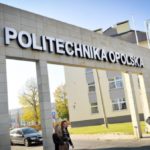




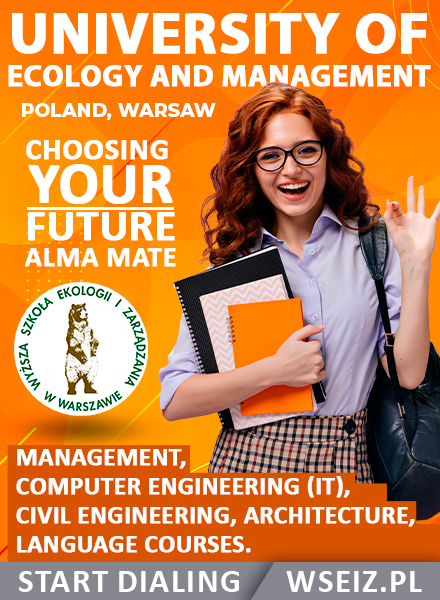
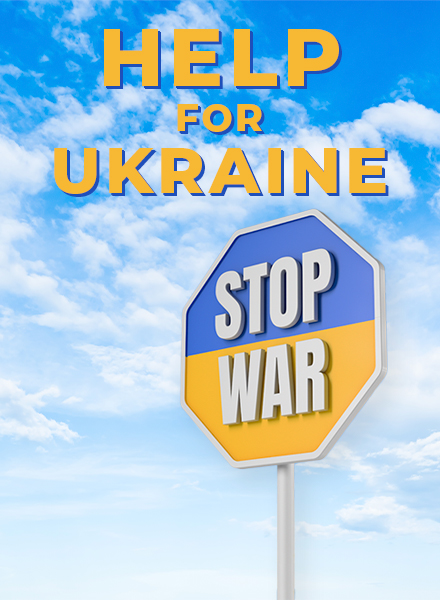



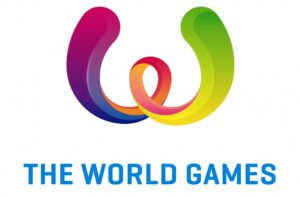

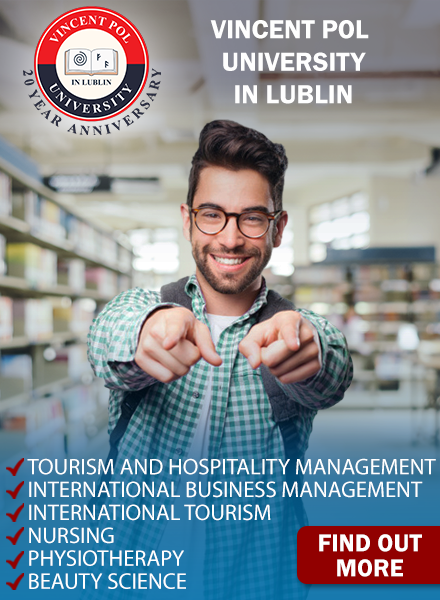
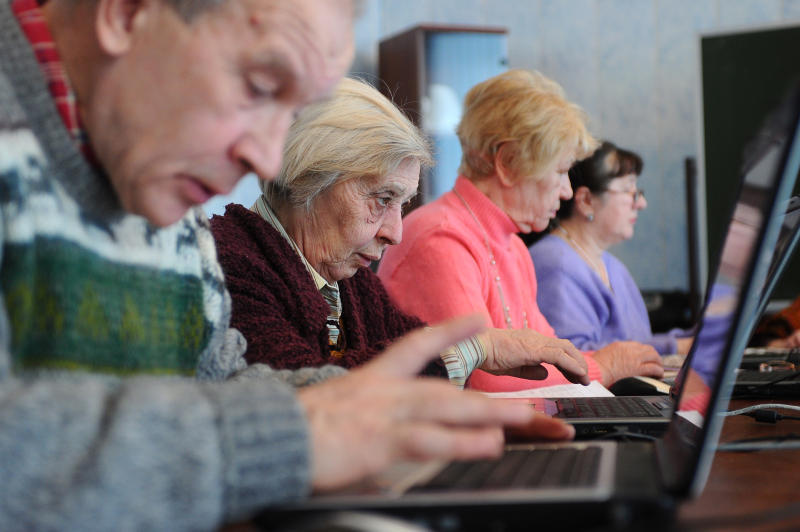
 102396
102396 

